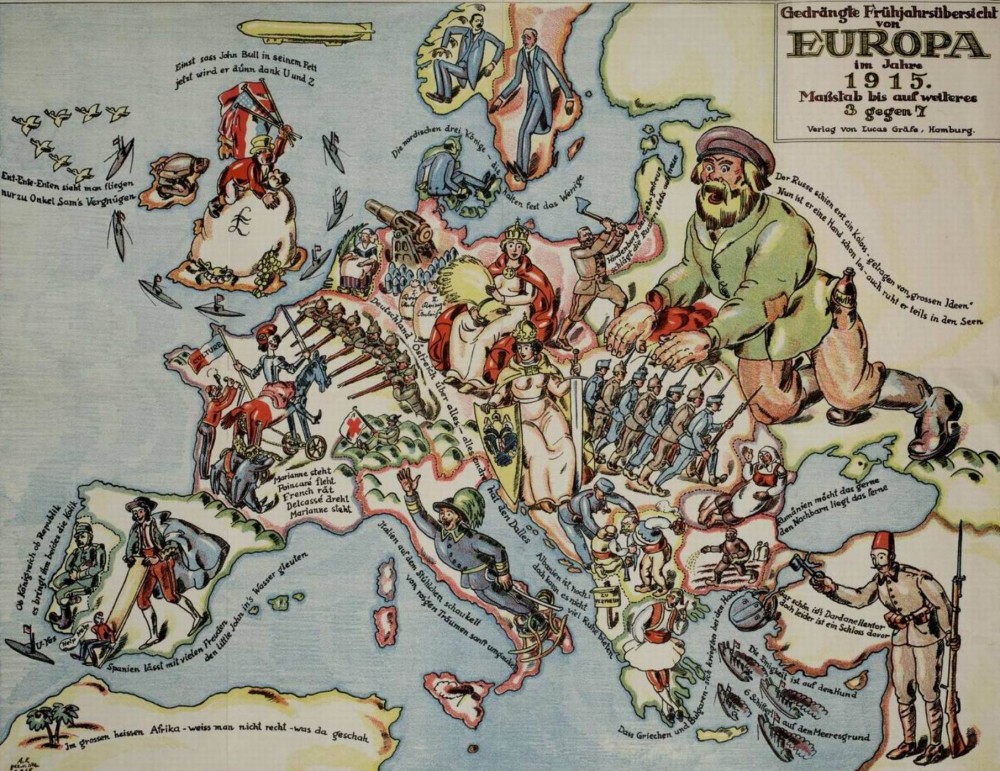
Modernity alongside with new technologies development, fundamental changes in the printing industry and informatization of society presented the mankind with such an invention as propaganda. It became an integral part of authoritarian and totalitarian political regimes of the XXth century. However, as a tool of consciousness manipulation, it was actively used by the empires during the «long» XIXth century. In the conditions of the First World War propaganda played a significant role in the mobilization processes and in the formation of the enemy's image.
The article attempts to assess the effectiveness of the propaganda during the First World War. The article examines the researches that analyze the events of the war from the point of view of Soviet, modern Ukrainian and foreign historiography and contain descriptions of the propaganda campaign on the front line and in the rear. The state of modern historical research is highlighted and the prospects of further research are indicated. The study of the experience of the First World War and the information component of the fighting can be useful, given the fact that the Russian Federation today uses ideological stamps of that period.
The analysis of existing studies on the issues of the First World War in general and its propaganda component in particular proves an increasing interest in the investigation of information warfare topic. Since 2014, the number of studies devoted to the First World War has increased in domestic and foreign research. The Ukrainian regions were a part of Austria-Hungary and Russia, so the usage of the Ukrainian national question in the propaganda of those states was significant. However, the issue of the propaganda war between the two empires is not covered comprehensively.
The first study on this subject was of general practical character. The first foreign scholars who examined propaganda were mass communication specialists. For Soviet historical science, the priority task was to study the revolutionary events of 1917 and the period of the civil war. The events of 1914-1918 were interpreted only as an imperialist war, their study was conducted tendentiously. Modern historiography on the First World War reflects the main directions of the European historical school at the beginning of the XXIst century with a focus on social and socio-cultural history. Foreign historiography is represented by Russian, European and American authors. In their research considerable attention is paid to the topic of military psychology and cultural-anthropological aspects of war.
The analysis of the extent of the given problem research in the studies of foreign historians suggests a sufficient level of its investigation. Modern historians pay much attention to the ideological aspect, the analysis of visual propaganda. The interest in considering the mechanisms for the formation of images of the enemy, its state and allies increased. A promising object of historical research is the study of the verbal and nonverbal aspects of the propaganda production of both empires.
Source: Mosienko A. (2018). Propaganda Campaign at the South-Western Front of the First World War: Analysis of Historiography. Intermarum: istoriya, polityka, kulʹtura. №5: 47-64
Source web-site: http://intermarum.zu.edu.ua/article/view/154736/154375
Number of views: 2998